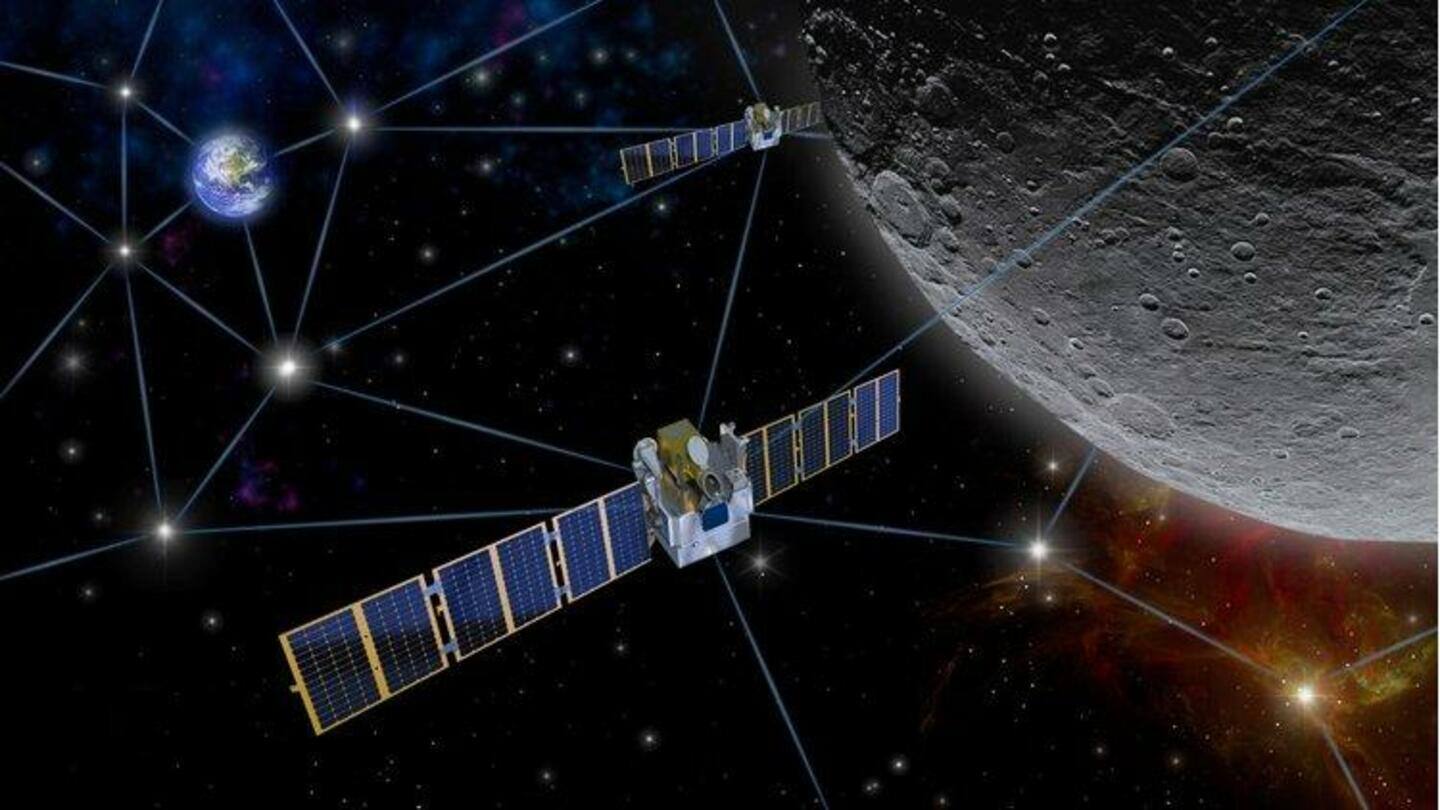
Quantum Space plans cislunar mission in 2024; raises $15 million
What's the story
Quantum Space, an aerospace company headquartered in Maryland, US aims to provide services from the cislunar space. The company revealed that it recently received $15 million from Prime Movers Lab, a US-based venture capital firm, in the Series A round of funding. The investment will be used in the development of QS-1, its first mission, which is expected to take off in 2024.
Context
Why does this story matter?
Two other investors will also provide $1 million each and Quantum Space intends to close the Series A funding round by 2022-end. Cislunar space is an area around the Earth extending to just beyond the Moon's orbit. It is the same region where NASA intends to build Gateway, a part of its Artemis program, in order to establish a long-term presence on the Moon.
Upcoming
QS-1 will launch as a rideshare payload
QS-1 will launch as a rideshare payload and will be delivered through Ranger, an in-space transportation vehicle developed by Quantum Space. More than 40 scout capsules will be placed in strategic areas within cislunar space, to create the QuantumNet by 2032, as per the company. Prime Movers Lab will also help find new investors for the Series B funding round, scheduled for next year.
Official words
"We want to advance humanity's journey to the stars"
"Quantum Space's incredible mission is to enable the space superhighway through the development, deployment, and operations of critical infrastructure beginning in cislunar space," said Kam Ghaffarian, co-founder of Quantum Space. "We are excited to have Prime Movers join us as we advance humanity's journey to the stars. This will lay the groundwork to expand human presence into the solar system and beyond," he added.
Project
Services like space weather forecasting will be offered
The QS-1 mission is the first of the company's cornerstone project called QuantumNet (or xGEO), which will consist of a suite of space vehicles, called "Scouts" positioned in the cislunar space. Each Scout will offer various services that include space weather forecasting, positioning and navigation communications, and space domain awareness. They will use artificial intelligence and machine learning for computing data.